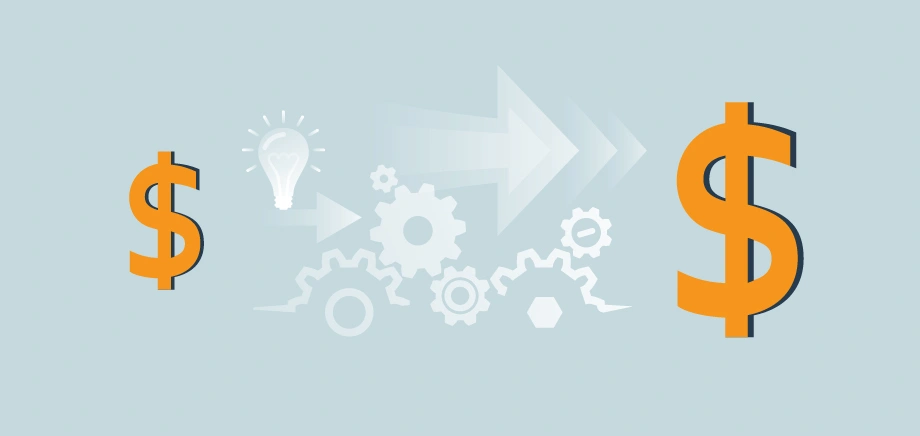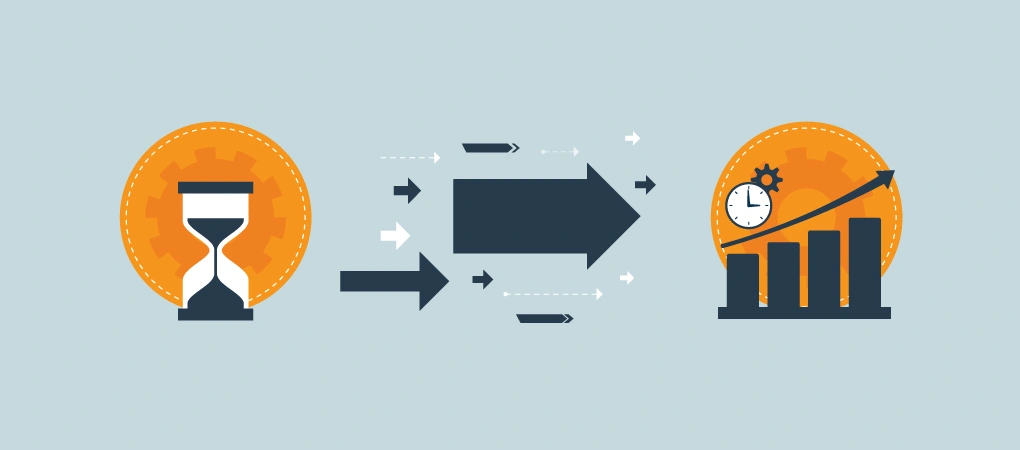3 Signs You’re Destined To Remain Unhappy — And How To Fix It
Dan Sullivan

Listen to the podcast below or subscribe to the Inside Strategic Coach podcast on iTunes.
The Real Reason You’re Never Happy — And What To Do About It
Have you ever noticed that some people can make the best out of every situation, while others always find something to complain about?
You know the kind of people I’m talking about. They’re happy some of the time—typically whenever some new product or experience enters their lives—but more often than not, they’re thinking ahead to what else they want. To what next thing will make them happy.
The thing is, neither group is living a dramatically different life. Both face challenges and adversity, good times and bad. But they are operating under two dramatically different mindsets.
Consumers vs. creators.
Over the course of my life, and particularly after having worked with thousands of entrepreneurs, I’ve realized that what sets us all apart is mindset.
The first group, creators, are always thinking about how they can add value to a situation. But the second group, consumers, are entirely preoccupied with what they can gain from it.
And you know what? It makes them completely miserable.
So if you’re wondering whether someone on your team has a consumer mindset, or if you think you might have one yourself, here’s what to look out for.
3 ways to tell if someone has a consumer mindset.
1. They criticize
Consumers never fail to criticize everything around them. From products and services to people and experiences, nothing is ever good enough, which means they’re never satisfied. Despite contributing little themselves, they’re especially eager to criticize the contributions and efforts of other people.
If someone on your team is quick to point out the flaws in a project but slow to actually help improve it, they’re probably a consumer.
2. They complain
People with a consumer mindset also complain constantly, especially when things aren’t up to their standards—even though they rarely take the time to define what those standards are. All they know is, something wasn’t good enough and they didn’t like it. It’s as though gratitude just isn’t in their operating system.
So if someone on your team is full of complaints but no solutions, they’re probably a consumer.
3. They blame
Consumers are expert blamers too. Whenever they have a bad experience, it’s always because of something someone else did or some external circumstance—never because of their own actions or mindset.
If someone on your team refuses to take responsibility for a missed deadline, poor performance, or failed project, a consumer mindset might just be to blame.
Do you have the right mindset for entrepreneurship? Get Dan’s Laws Of Lifetime Growth to discover how to transform every experience into an opportunity for growth, fulfillment, and joy.
They want more and they want it now.
As a result of these three habits, which combined can be distilled down to a need for instant gratification, consumers also tend to be very short-sighted. Rather than focusing on long-term goals, they operate within 24-hour frameworks. A day was either a good day or a bad day depending upon how well other people served them during that day—not how well they themselves served others.
For all of these reasons and more, I can’t stand working with consumers, and I’m guessing you can’t either, even if you didn’t know why until now.
A different mindset.
When creators approach a situation, they’re not thinking about what they’ll gain from it. They’re thinking about what they can contribute, whether it’s knowledge, skills, or pure effort.
And the thing is, it’s in being useful to others that we find the most meaning in life. Getting something provides immediate, temporary satisfaction, but giving? That’s far more rewarding.
In fact, one of the main tenets in my book The Laws of Lifetime Growth is, “Always make your contribution greater than your reward,” and creators understand this implicitly. They know that, not only will this attitude make them happier overall, it will help them learn and grow, which means they’ll be more confident too.
And because contribution is in their bones, they’re also always looking to combine their efforts with others’. While consumers worry more about building their own little empires in every situation, and taking credit wherever possible, creators know the best way to expand their capabilities and achieve their goals isn’t by doing everything themselves, but by doing things in teamwork with others.
Isn’t that the kind of person you want on your team—and want to be yourself?







